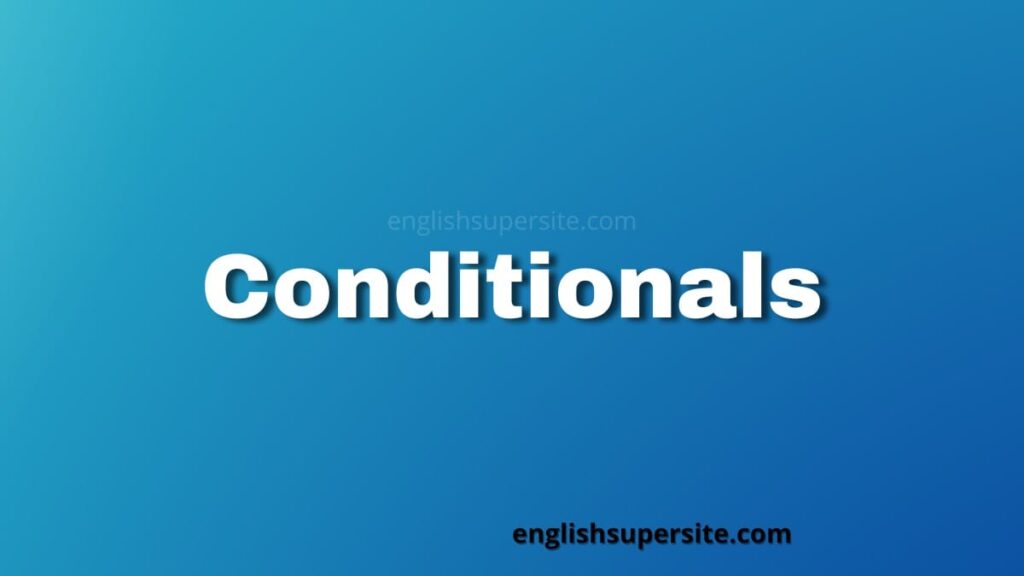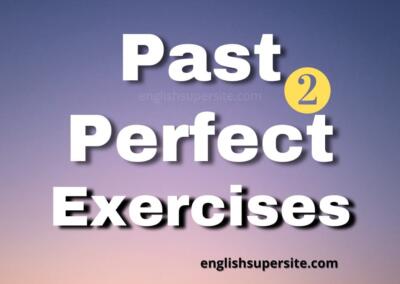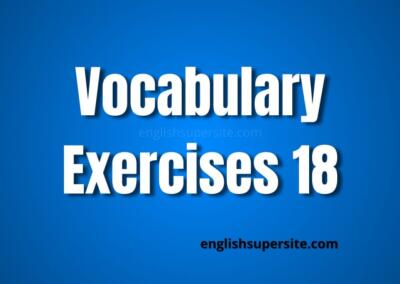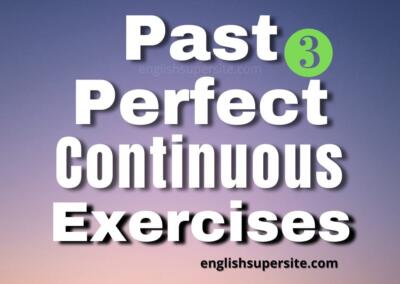
Conditionals in English
Learn how to use conditionals in English to express hypothetical situations, make predictions, and give advice.
What are Conditionals?
In English, conditionals are grammatical constructions that represent hypothetical or conditional situations. They are used to describe activities or events that are dependent on the fulfillment of particular criteria. The conditional clause (if clause) and the main clause are the two pieces of a conditional.
I short, conditionals are sentences that express hypothetical situations or describe an outcome based on a certain condition.
Why do we use Conditionals?
Conditionals allow speakers to make predictions, give advice, and describe hypothetical scenarios in a clear and concise way.
Form
Conditionals are formed using if clauses and main clauses. The if clause expresses the condition, while the main clause describes the outcome.
Types of Conditionals
There are five types of conditionals in English: zero, first, second, third, and mixed. Each with its own specific structure and usage.
Zero Conditional
The zero conditional expresses general truths or facts, such as scientific realities, where the result always happens when the condition is met. It talks about scientific facts or cause-and-effect relationships.
Structure and form:
| If clause (condition), | main clause (result). |
|---|---|
| If + simple present, | simple present. |
Examples:
- If you heat ice, it melts.
- If you boil water, it evaporates.
- If it rains, the soil get wet.
First Conditional
The first conditional refers to a likely future outcome and talks about real possibilities or likely events in the future based on a specific condition being fulfilled.
Structure and form:
| If clause (condition), | main clause (result). |
|---|---|
| If + simple present, | simple future. |
| If + simple present, | will + base verb. |
Examples:
- If it rains, I will stay at home.
- If you don’t hurry, we will miss the plane.
- If the weather is bad, we will cancel the party.
Second Conditional
The second conditional expresses imagined (and often quite unlikely) situations, hypothetical or unreal situations in the present or future, and unlikely or imaginary events.
Structure and form:
| If clause (condition), | main clause (result). |
|---|---|
| If + simple past, | present conditional or present continuous conditional. |
| If + simple past, | would + base verb. |
Examples:
- If I won the lottery, I would travel around the world.
- If you went to bed earlier, you would not be so tired.
- If you listed to me, you wouldn’t be in this situation now.
Third Conditional
The third conditional talks about imagined events in the past and hypothetical or unreal situations in the past. It refers to events that have already happened, but the outcome would have been different if the conditions had been different.
Structure and form:
| If clause (condition), | main clause (result). |
|---|---|
| If + past perfect | perfect conditional or perfect continuous conditional. |
| If + past perfect | would have + past participle |
Example:
- If I had studied harder, I would have passed the exam.
- If I had studied harder, I would have gotten a better score.
Mixed Conditional
Mixed conditionals combine elements of different types of conditionals to express complex or mixed-time situations. (Past unreal condition, present unreal result)
Structure and form:
| If clause (condition), | main clause (result). |
|---|---|
| If + past perfect, | would + base verb. |
| If + simple past, | would have + past participle. |
Example:
- If I had taken the earlier train, I wouldn’t be late now.
- If we had looked at the map, we wouldn’t be lost.
Conclusion
It’s important to note that, depending on the emphasis or style of the sentence, the “if” clause might sometimes come before or after the main clause. In some conditionals, you can use modal verbs such as could, should, and others instead of “will” or “would” to imply different levels of possibility or certainty.
Conditionals are an important aspect of English grammar because they allow speakers to discuss hypothetical scenarios, make predictions, describe possibilities, and communicate cause-and-effect relationships. You can improve your ability to articulate complicated concepts and communicate effectively in English by studying the many sorts of conditionals.
Study Also:
Abbreviations Cohesion and Coherence Collocations Comparative Conditionals Frequent Errors Future Continuous Future Perfect Future Perfect Continuous Future Simple Homonyms Interjections Journaling Learn English Linking Words Logical Flow Past Continuous Past Perfect Past Perfect Continuous Past Simple Plural Present Continuous Present Perfect Present Perfect Continuous Present Simple Pronunciation Question Tags Quiz Quotes Simple Future Simple Past Simple Present Spelling Superlative Transition Words
Share with your friends!






